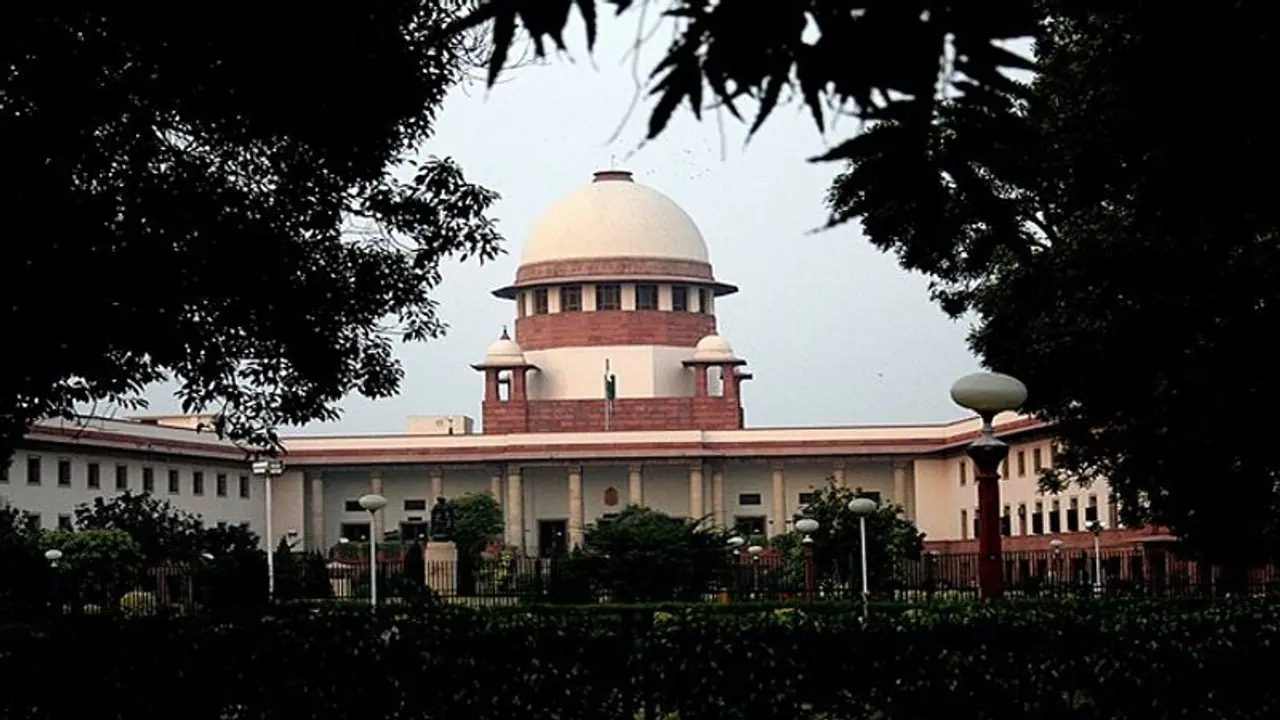Chief Justice DY Chandrachud, before announcing the verdict, emphasized the President's power in everyday governance, stating its exemption from routine judicial scrutiny. He clarified that the authority of the State Legislature under Article 357 to amend or repeal laws should be interpreted in the context of the 42nd Amendment Act.
The Supreme Court on Monday (December 11) upheld the Presidential order abrogating Article 370 in the Constitution. CJI Chandrachud said that President could have applied all provisions of the Constitution to J&K with the concurrence of the Centre & it wasn't required to also obtain concurrence of the state assembly.

The judgment delivered by a five-judge Constitution bench, headed by Chief Justice DY Chandrachud and including Justices Sanjay Kishan Kaul, Sanjiv Khanna, BR Gavai, and Surya Kant, holds substantial significance, having undergone a comprehensive 16-day hearing. The implications of this verdict could significantly affect key decisions taken by the Centre in the past four years.
Chief Justice DY Chandrachud, before announcing the verdict, emphasized the President's power in everyday governance, stating its exemption from routine judicial scrutiny. He clarified that the authority of the State Legislature under Article 357 to amend or repeal laws should be interpreted in the context of the 42nd Amendment Act. The enactment repealing a law would subsist within the legislation, he added, pointing out the limited life of an ordinance akin to law.
Article 370 granted significant autonomy to Jammu and Kashmir while restricting the Centre's legislative domain to matters such as finance, defence, foreign affairs, and communications. Its abrogation by the Centre in August 2019 triggered discussions about its constitutional validity and the subsequent implications.
Introduced in 1954 through a presidential order under Article 370, Article 35A empowered the Jammu and Kashmir legislature to define permanent residents, imposing stringent restrictions on non-residents, preventing them from owning land, securing government employment, or accessing educational scholarships within the region.
Article 370 verdict: SC asks Centre to hold elections in J&K by September 30, 2024
Post the revocation of Article 370, the region underwent reorganization, transforming into two Union Territories—Ladakh and Jammu and Kashmir. While Ladakh emerged as a Union Territory without a legislature, Jammu and Kashmir retained its legislative assembly.
